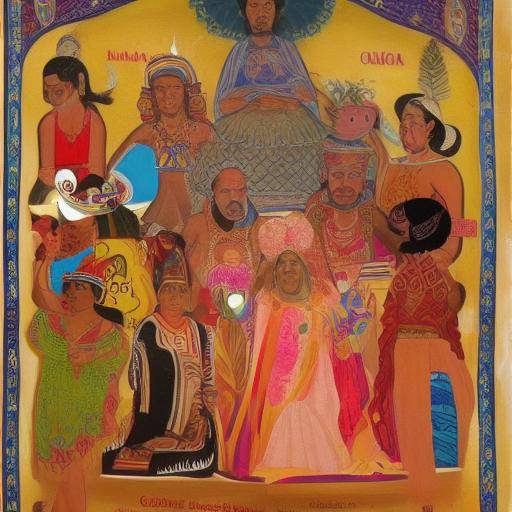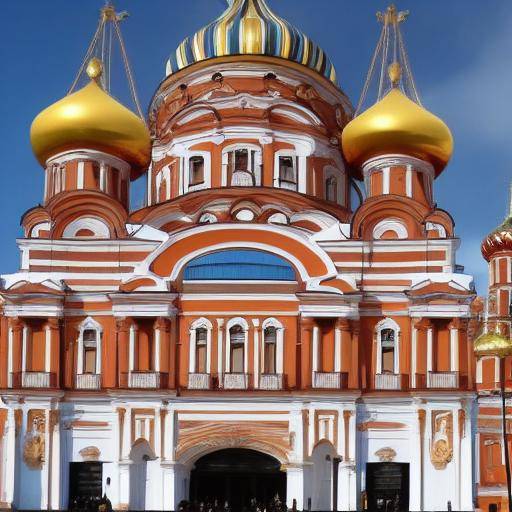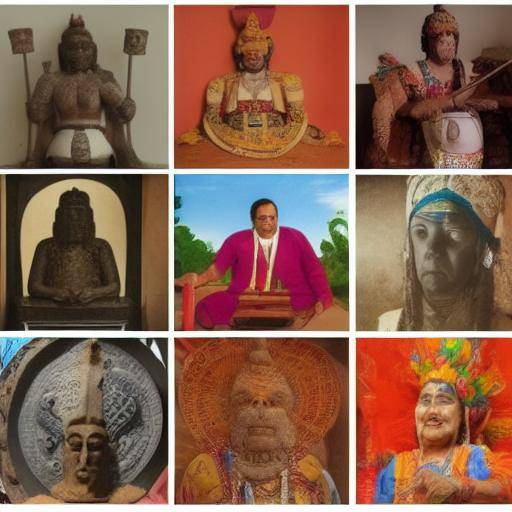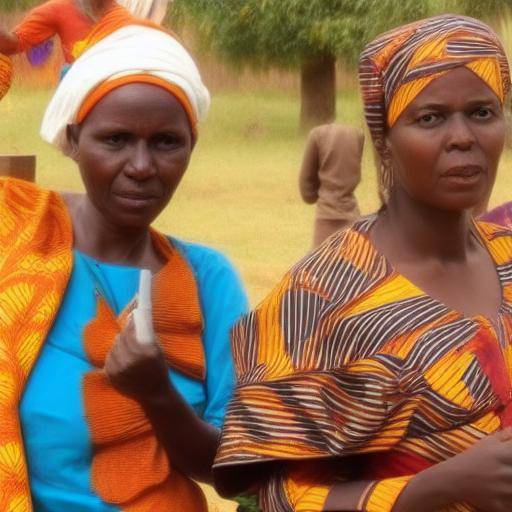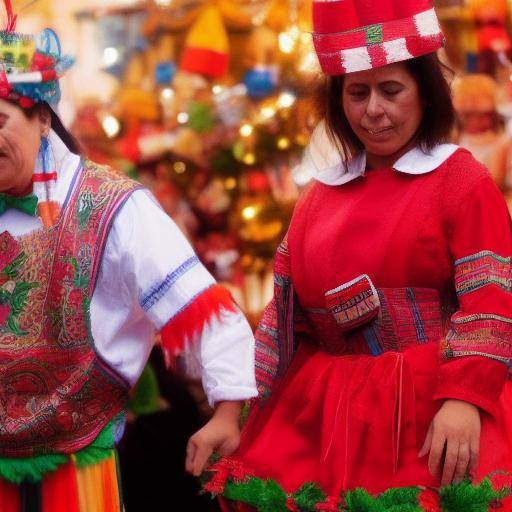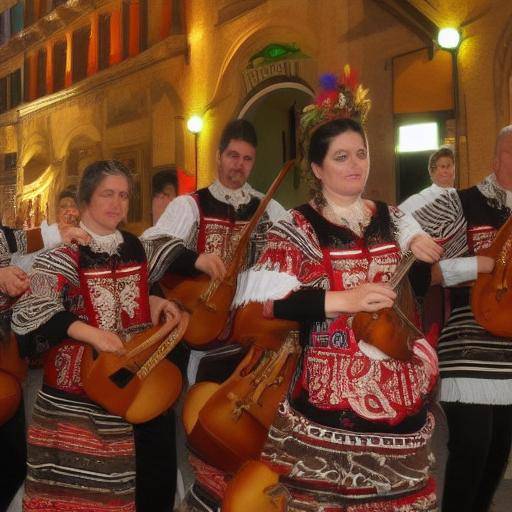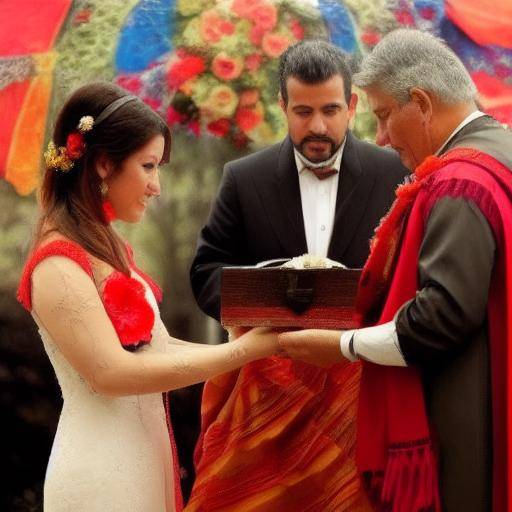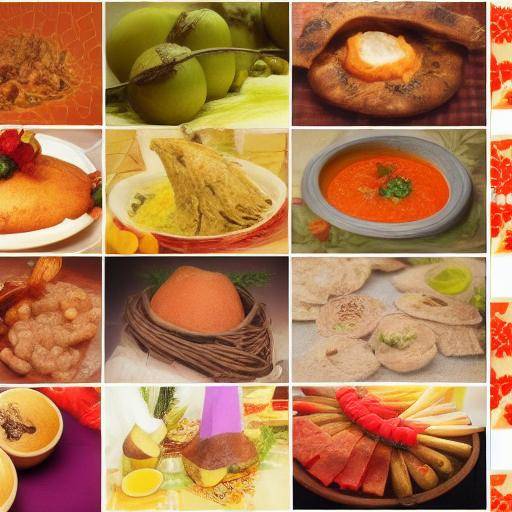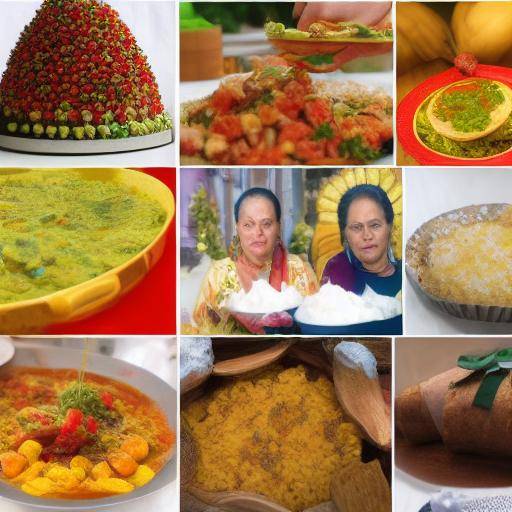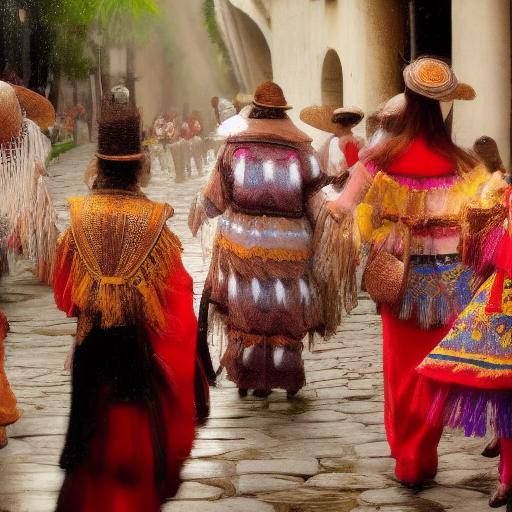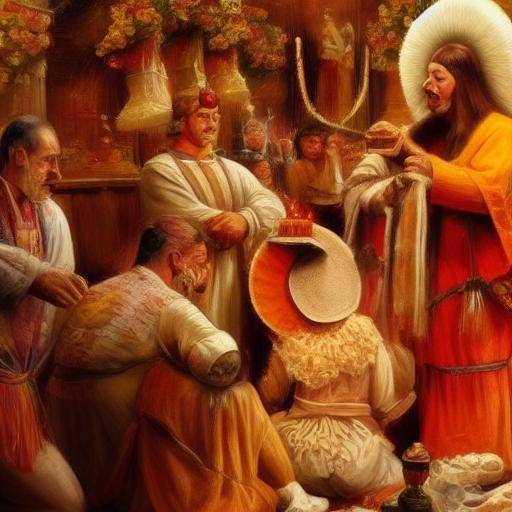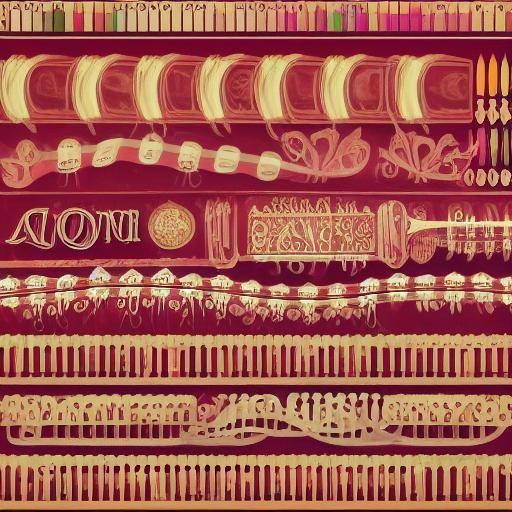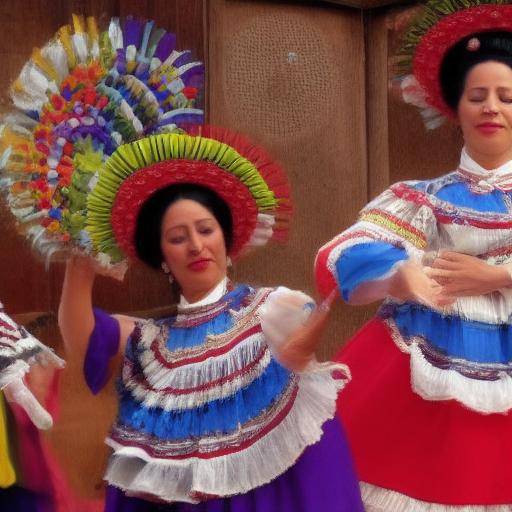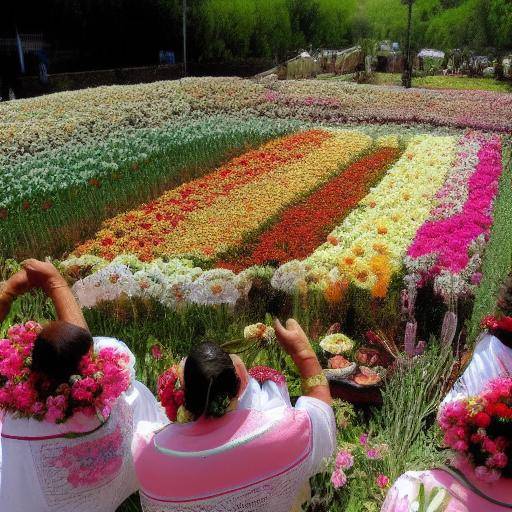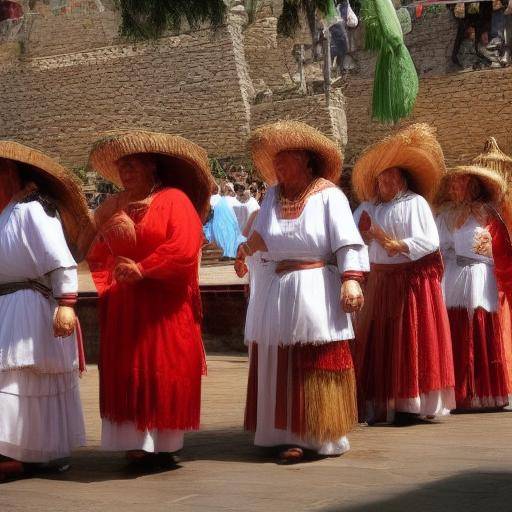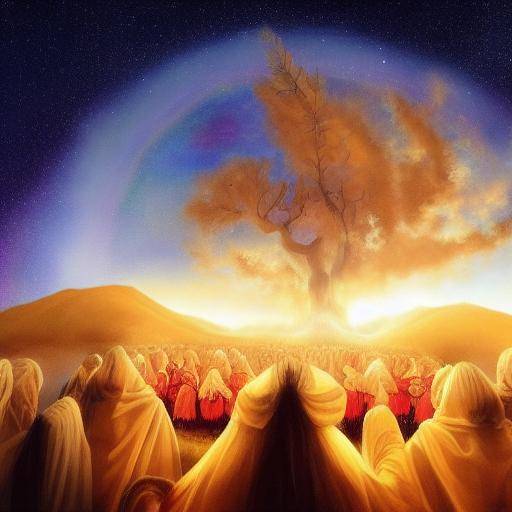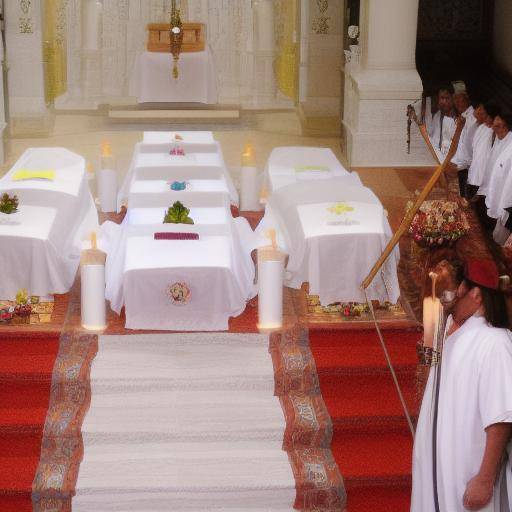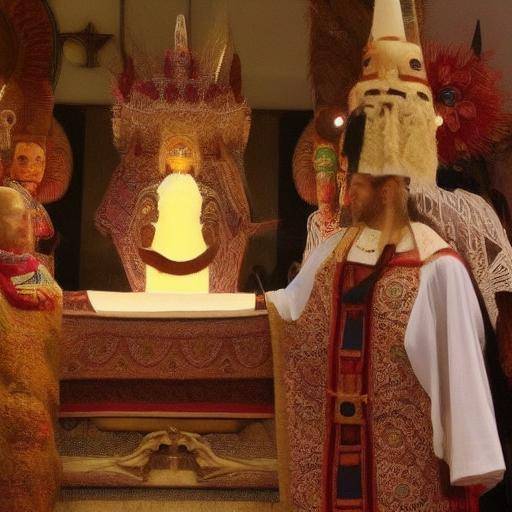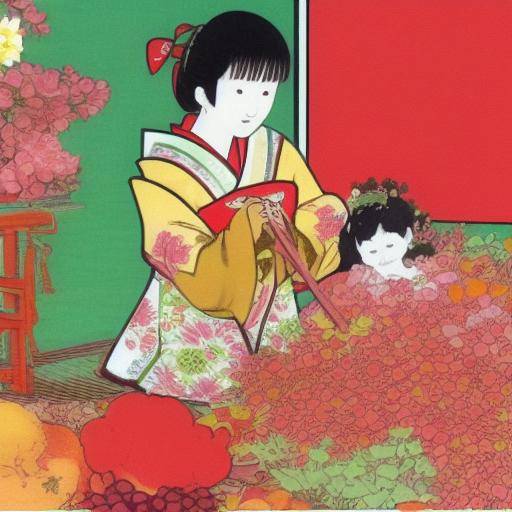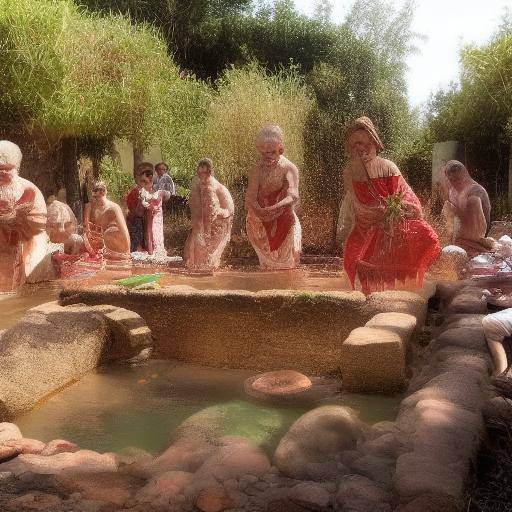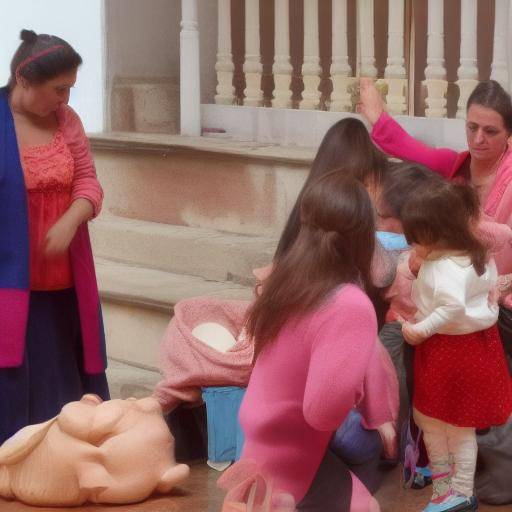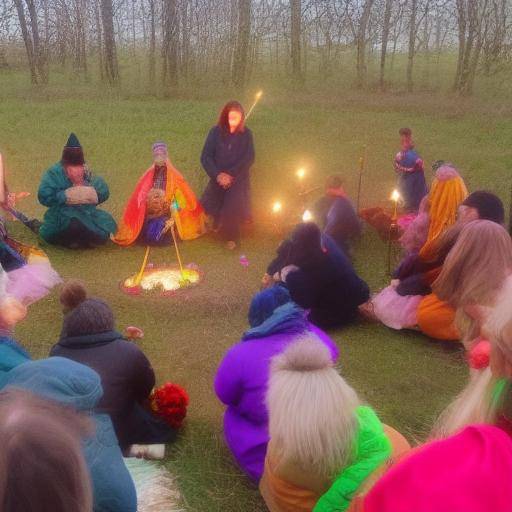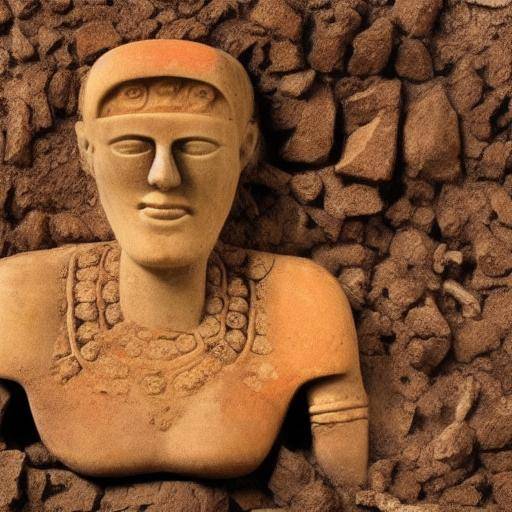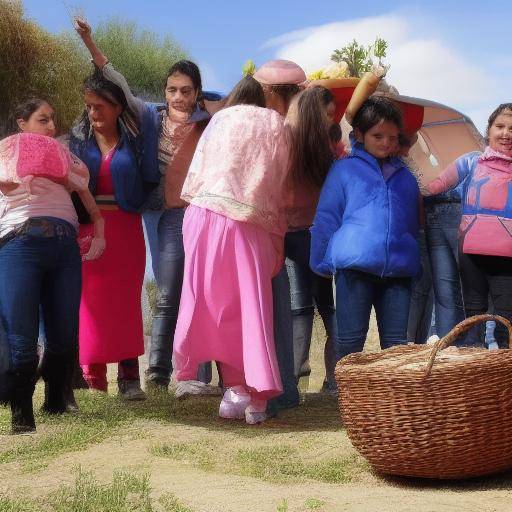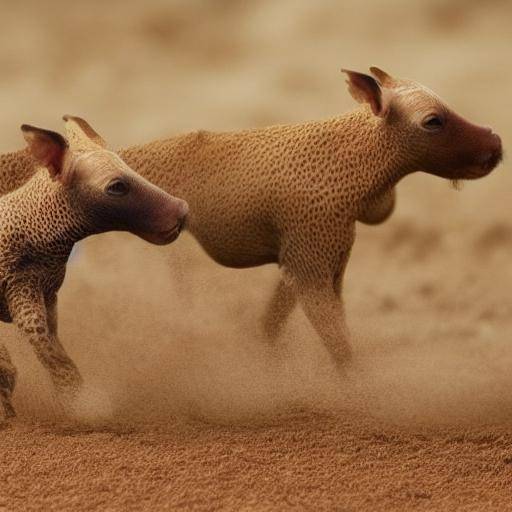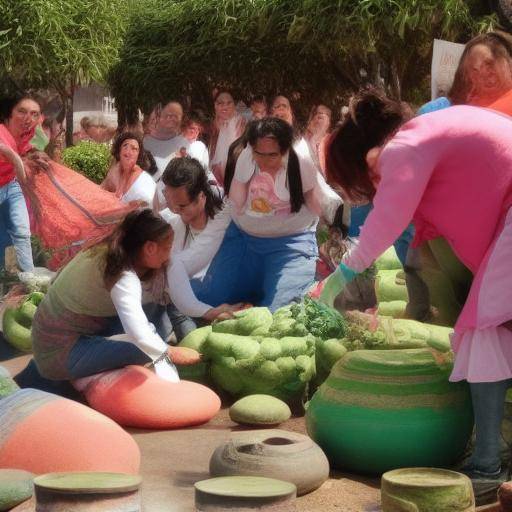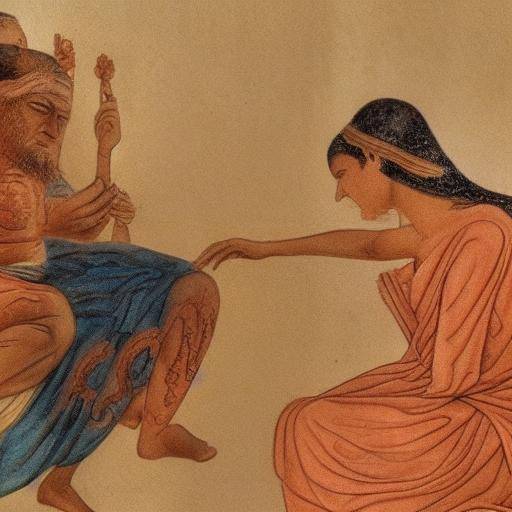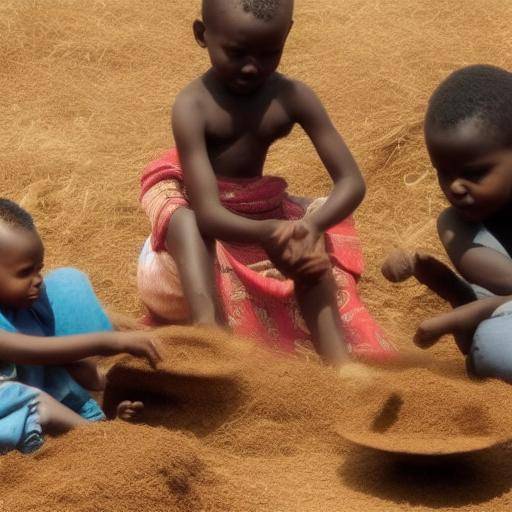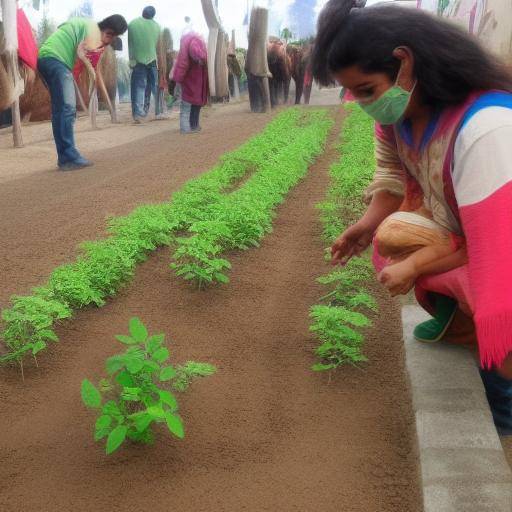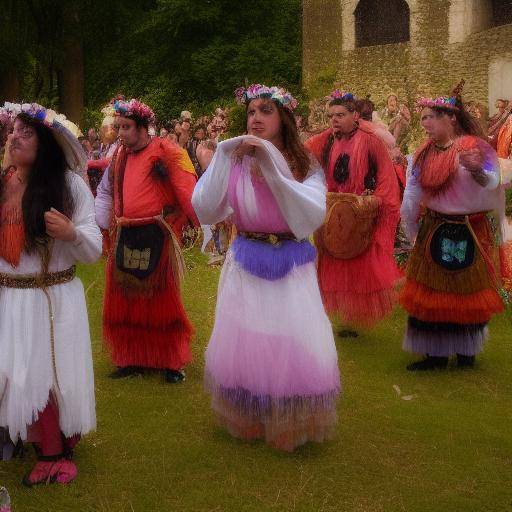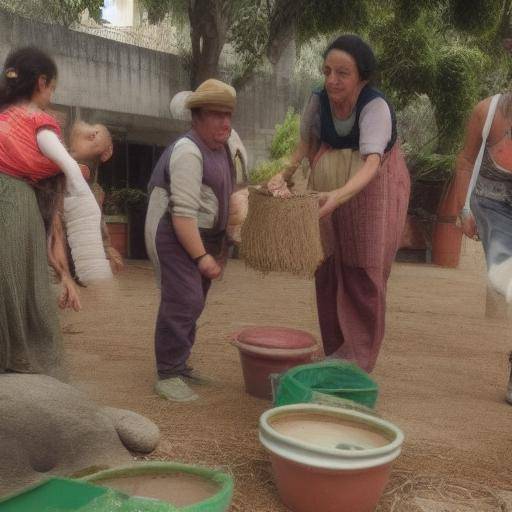
Introduction
Fertility rites have been a significant part of cultures around the world throughout history. These rituals are not limited only to human reproduction, but encompass a diverse range of practices aimed at promoting fertility on land, animals, and communities. This article explores the profound meaning of fertility rites in different cultures, highlighting their origins, evolution, contemporary meaning, cultural comparisons and future visions.
History and Background
Fertility rites have deep roots in the history of humanity, dating from ancient civilizations such as Egyptian, Greek, Roman, and Mesopotamia. These rituals were closely linked to agriculture and survival, as land fertility was crucial to ensuring the prosperity of communities.
In ancient times, the cult of feminine deities of fertility, such as Isis in Egypt and Deméter in Greece, was common. The rituals focused on invoking the blessings of these deities to ensure fruitful harvests, the successful reproduction of livestock and the fertility of women.
Fertility rites have evolved over time, adapting to changing social, economic and religious circumstances. However, its importance as a symbol of the connection between humanity, nature and the divine has endured through the centuries.
Deep analysis
In the modern era, fertility rites have acquired new meanings and challenges. As environmental concerns and sustainability have been increasing, there has been a resurgence in the valuation of land fertility practices. Traditional and organic farming methods, permaculture and agroecology, among others, have gained popularity due to their holistic approach in promoting soil fertility and respect for natural cycles.
On the other hand, in the field of human reproduction, fertility rites have acquired new dimensions with medical and technological advances. In vitro fertilization (IVF), gamete cryopreservation and embryos, and fertility treatments have opened up new possibilities for couples struggling to conceive. However, these advances also pose ethical and emotional challenges, which underlines the complexity of fertility in modern society.
Comprehensive review
Fertility rites vary significantly from one culture to another, reflecting differences in cosmovision, religious beliefs and traditional practices. While some cultures celebrate fertility with dances, songs and offerings, others resort to more intimate and private rituals. These cultural divergences provide a rich source of anthropological and sociological study, highlighting the diversity and wealth of human traditions.
In terms of contemporary practices, the spread of cultural traditions through globalization has led to the fusion and adaptation of fertility rites. For example, the celebration of Mother's Day, which has different origins in different parts of the world, has become a celebration adopted in many cultures, reinforcing the importance of maternity and fertility in contemporary society.
Comparative analysis
By comparing fertility rites in different cultures, it is clear that, despite superficial differences, all share a common thread: the veneration of life, fertility and the continuity of the species. These cultural practices demonstrate the universal reverence towards the cycles of nature and the perpetuation of life, reflecting the fundamental unity of humanity in its quest for understanding and honoring fertility.
Practical Tips and Accessible Sport
While fertility rites may seem alien to modern society, there are practical and significant applications that can be valued by anyone, regardless of their cultural background. Some practices such as fertility-focused meditation, conscious nutrition and environmentally friendly care can be considered as contemporary fertility rituals, which unite people in their desire to honor and preserve life.
Here are some practical suggestions for those interested in integrating fertility into their lives in a meaningful and sustainable manner:
- Conscious nutrition: Eat a balanced and varied diet, rich in nutrients essential to promote reproductive health.
- Connect with nature: To spend time outdoors, in contact with nature, can foster greater appreciation for the cycles of life and the fertility of the earth.
- Ritual recognition: Establishing regular moments to reflect on the fertility, life and continuity of the species can provide a sense of connection with something greater than oneself.
Perceptions of Industry and Expert Reviews
Industry perceptions and expert views on fertility rites reflect a variety of approaches and perspectives. Some experts advocate respect for cultural traditions and the integration of contemporary methods that respect sustainability and equity. Others focus on the importance of addressing the challenges of fertility in modern society, including reproductive education, access to medical care and emotional support to those facing difficulties in conceiving.
Ultimately, the views of experts reflect the complexity and wealth of fertility rites, as well as the need to address this issue from a holistic and culturally sensitive perspective.
Case Studies and Practical Applications
Case studies presenting practical applications of fertility rites provide a broader view of how these traditions impact everyday life. From indigenous communities that maintain ancestral rituals to ensure the fertility of their crops, to modern couples seeking fertility treatment options, these cases offer a deep insight into how fertility rites influence the lives of people and communities around the world.
Future Trends and Predictions
With regard to future trends, fertility rites are likely to continue to evolve in response to emerging challenges and opportunities in modern society. Holistic approaches to sustainability and connection with nature are expected to continue to play a central role in the understanding and practice of fertility. Moreover, with continued progress in reproductive medicine, new ways of tackling human fertility are likely to emerge, which could impact both cultural practices and social norms related to reproduction.
Conclusion
In short, fertility rites play a vital role in promoting the connection between humanity, nature and the divine in different cultures. Through the exploration of its origins, evolution, contemporary meaning and future perspectives, this article has provided an exhaustive view of the diversity and wealth of fertility rites throughout the world.
Frequently asked questions
What is the story of fertility rites in Mesopotamian culture?
Fertility rites in Mesopotamian culture have ancient roots and were linked to the worship of deities associated with fertility and reproduction. The rituals and practices of fertilizer are fundamental to ensure prosperous harvests and the continuity of life in the Mesopotamian community.
How have fertility rites evolved in modern society?
The evolution of fertility rites in modern society has manifested itself in the incorporation of traditional cultural aspects into contemporary practices, such as the celebration of Mother's Day, as well as in the apogee of sustainable and holistic approaches to the fertility of land and reproductive health.
What are the ethical and emotional challenges associated with advances in vitro fertilization and other fertility treatments?
Advances in vitro fertilization and other fertility treatments have raised ethical and emotional challenges related to issues such as embryo selection, subjugated gestation and the preservation of fertility. These developments have led to discussions on equity, reproductive autonomy and the psychological impact of medical interventions on human fertility.
What are some contemporary practices that reflect the veneration of fertility and life?
Contemporary practices, such as meditation focused on fertility, conscious nutrition and commitment to environmental sustainability, reflect the veneration of fertility and life in modern society. These practices are examples of contemporary rituals that value the connection with nature and the preservation of fertility.
What role do fertility rites play in preserving cultural traditions?
Fertility rites play a crucial role in preserving cultural traditions by keeping the connection between the community and the natural cycles alive. These rituals are a means of transmitting ancestral knowledge and maintaining social cohesion through shared practices.
What are some emerging trends in the understanding and practice of fertility rites?
Emerging trends in the understanding and practice of fertility rites include holistic approaches to sustainability, the integration of contemporary methods that respect equity and cultural diversity, as well as continued progress in reproductive medicine, which influences cultural and social practices related to fertility.
In conclusion, fertility rites are a profound reflection of the relationship between humanity, nature and the divine in different cultures. Its meaning, evolution and future perspectives highlight the wealth and diversity of these practices over time.


